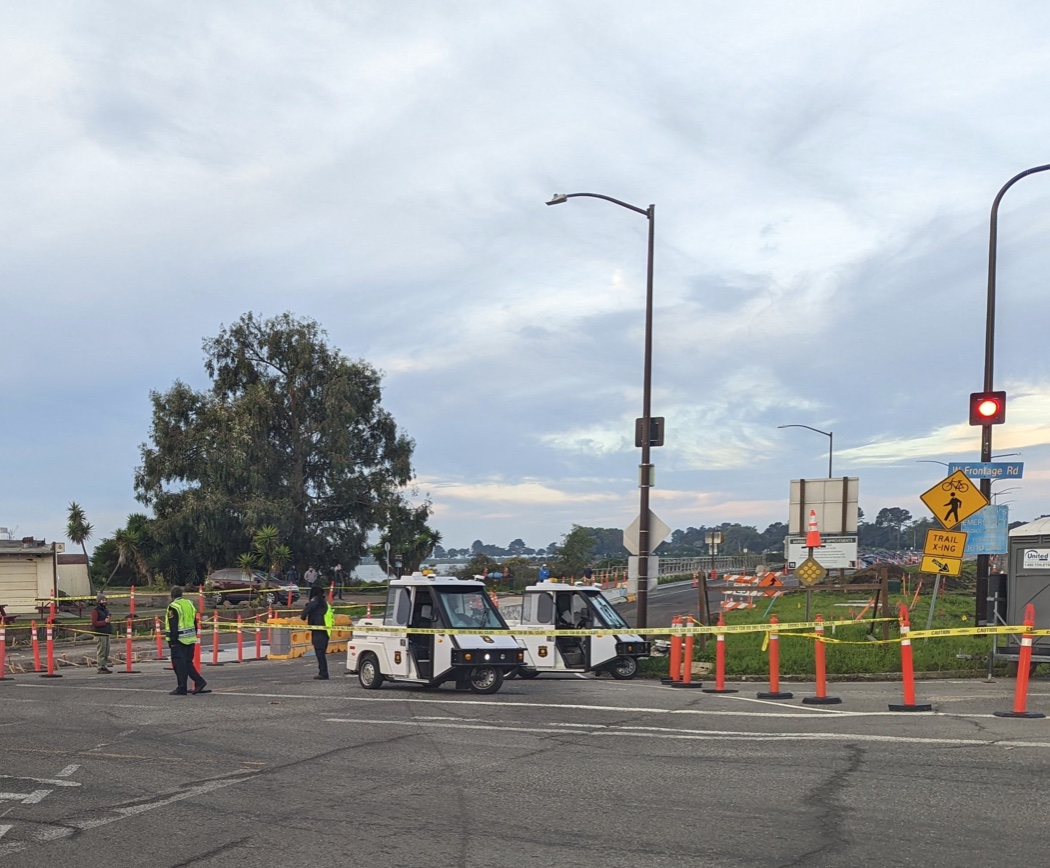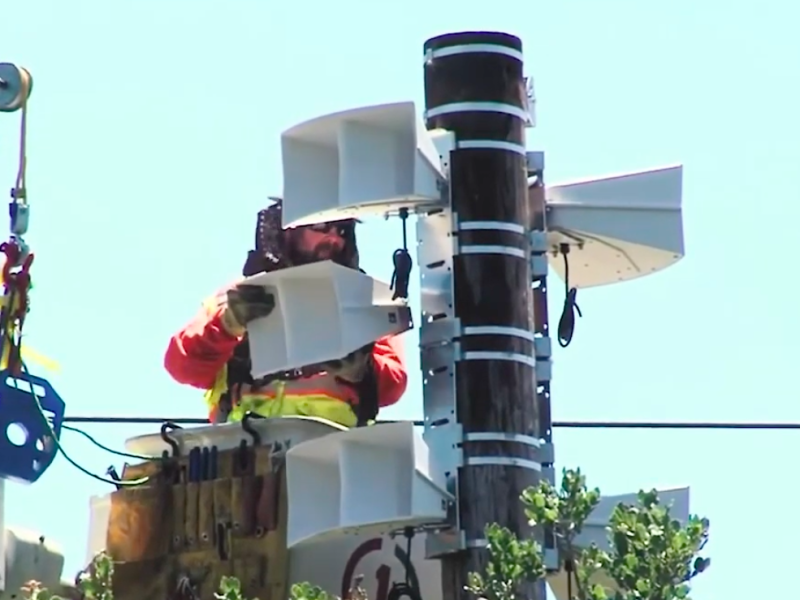
Update, 9:15 p.m. The tsunami advisory in effect Saturday for Berkeley and the Bay Area has now been canceled, according to the National Weather Service. The service urges people to “remain cautious near the coast in case lingering strong currents exist.”
Update, 4:45 p.m. The evacuation order for those living at the Berkeley Marina has been lifted, according to a Nixle alert. However, the tsunami advisory is still in effect. Officials ask that people use caution on boats and docks.
Update, Noon: The tsunami advisory is still in effect and there have been some “noticeable swells” in the marina, according to Officer Byron White, spokesperson for the Berkeley Police Department.
The advisory won’t be lifted until after Berkeley is notified by Cal OES, the state Office of Emergency Services, that there have been sustained periods of calm water and the advisory is over. City officials will then examine the docks to determine if there is any damage. If there isn’t, then marina live-aboards will be permitted to return to their boats, said White.
Update, 9:10 a.m. About 110 people were evacuated from the boats, docks and shoreline of the Berkeley Marina to get them out of harm’s way from the tsunami advisory issued Saturday around 7:15 a.m., Assistant Fire Chief Keith May told Berkeleyside. As soon as the state notified the city of the danger, police and fire officials rushed to the marina and used loudspeakers to tell slipholders to evacuate, according to White. Guests staying at the DoubleTree at the marina were not evacuated but were told to stay away from the shoreline, where there may be surges of water from the underwater volcanic eruption near Tonga.
There is no projected time when the tsunami advisory will be lifted, said May. Hawaii just saw large surges of water and they may be headed toward the West Coast.
Despite the call for an evacuation of the marina, “it’s not like a big tsunami is coming in and going all the way to San Pablo Avenue,” said May. “We are not expecting huge waves.”
See tsunami.gov for more information
The National Tsunami Warning Center predicted there would be waves between 1 and 3 feet high: “Tsunami advisories mean that a tsunami capable of producing strong currents or waves dangerous to persons in or very near the water is expected or is already occurring. Areas in the advisory should not expect widespread inundation. Tsunamis are a series of waves dangerous many hours after initial arrival time. The first wave may not be the largest.”
The 7:14 a.m. Nixle alert from the Berkeley Fire Department initially described the event as a “tsunami warning,” the highest alert level. Alerts from UC Berkeley and Emeryville also used the word “warning.”
But the notification was actually always an advisory, which is one level down on the severity scale, said May. Warnings reflect imminent danger and wave height more than 3 feet above normal. Advisories are triggered by expected wave heights of 1-3 feet more than normal; when advisories are issued, individuals should stay out of the water and away from shore.
Police and fire officials and members of the parks and waterfront departments have been going boat to boat and door to door to notify marina residents and live-aboards to leave, said May. Police have blocked the roads leading into the marina as well.
Original story: The Berkeley Fire Department has ordered people living at the Berkeley Marina or nearby to evacuate immediately because of a tsunami advisory. Waves 1-2 feet high are expected starting at 8:10 a.m. in the San Francisco area, according to the National Weather Service.
Berkeley police have shut off access to the marina at Frontage Road.
The National Weather Service ordered a tsunami advisory for the entire West Coast after the eruption of an undersea volcano near Tonga. Large waves crashed ashore that island nation, according to the Washington Post.
“The National Weather Service ruled out ‘widespread inundation’” at this time but said people in or very near the water could expect strong currents and dangerous waves,” according to the Post.
Waves of 1-3 feet can knock people over and drag them into the ocean, Colby Neuman, a NWS meteorologist based in Portland, OR, told the Post.
“Tsunamis often arrive as a series of waves or surges which could be dangerous for many hours after the first wave arrival,” reads the tsunami advisory issued Saturday morning in the Bay Area. “The first tsunami wave or surge may not be the highest in the series.”
The Berkeley Police Department went boat to boat at the marina Saturday morning, waking people up, according to police scanner chatter and reports relayed by Berkeleyside readers. The DoubleTree by Hilton hotel at the marina is not being evacuated.
The last time Berkeley was affected by a tsunami was in 2011 when the National Weather Service issued a tsunami warning for Northern California following a magnitude 8.9 earthquake off the coast of Japan. Photos and dramatic video taken at the time showed the tsunami reaching the Emeryville shoreline several hours after the quake.
This story was updated several times Saturday due to the developing nature of events.


